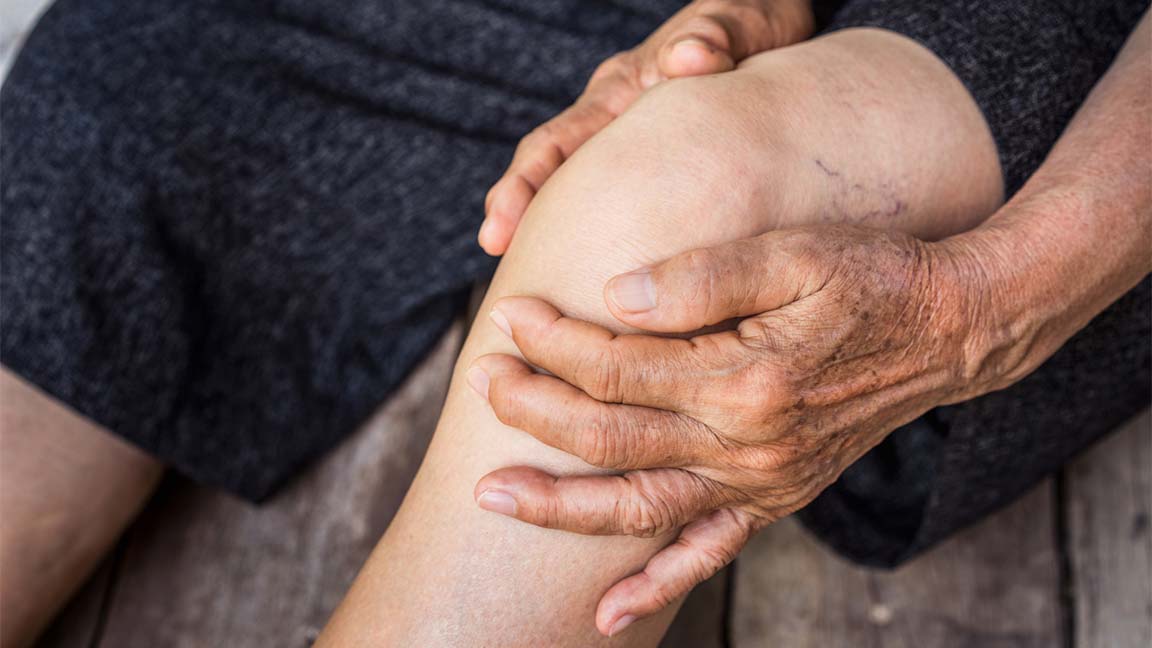Looking for another good reason to lose weight? A study examining the impact of body weight on knee arthritis may prove to be good motivation.
The study, conducted by researchers at the University of California at San Francisco, found that losing at least a portion of your body weight can slow the development of osteoarthritis in your knees.
The news doesn’t come as a surprise to Dr. William Whiteside, an orthopedic surgeon with Tidelands Health Orthopedics.
“Weight is something we talk to our patients about frequently,” Dr. Whiteside says. “One pound of weight loss can take four pounds of stress off your knee.”
Osteoarthritis is the most common form of arthritis, affecting 30 million adults and half of people older than 75 each year. It’s caused by the breakdown of cartilage, the tissue that cushions bones and allows joints to move smoothly. Carrying extra weight puts additional pressure on the cartilage in your knees, which causes it to break down more quickly.
Movement creates strain on the knee that can reach multiples of a person’s body weight, Dr. Whiteside says. If you weigh 100 pounds, your knees could experience 300 to 400 pounds of pressure when you stand, walk or run. By losing 10 pounds, you can remove 40 pounds of pressure from your knees.
The University of California study looked at data from the Osteoarthritis Initiative, a joint endeavor of the National Institutes of Health and private industry that seeks to improve the diagnosis and monitoring of osteoarthritis.
Nearly 650 overweight or obese adults with an average age of 63 participated in the study. Each had either osteoarthritis or risk factors for the condition.
Over a four-year period, participants’ weight and knee health were observed. The knee joint’s deterioration was monitored using MRI evidence. Researchers were looking for signs of change in the menisci, articular cartilage and bone marrow.
Participants who lost between 5 and 10 percent of their body weight over the four-year period experienced slower deterioration in their knees, with the slowest deterioration occurring in participants who lost at least 10 percent of their body weight. People who lost more than 10 percent of their body weight were 66 percent less likely to experience further deterioration of their knee joints.
“Losing any amount of weight will exponentially help not just the knees, but the feet, ankle and back,” Dr. Whiteside says. “Losing weight is important for your overall health, but it’s of particular importance to your joint health.”




